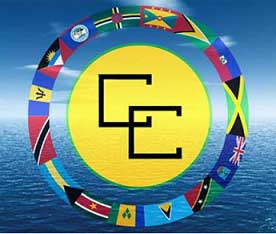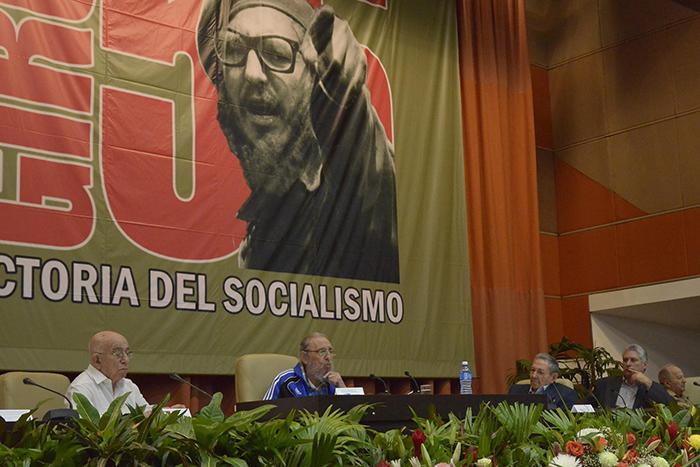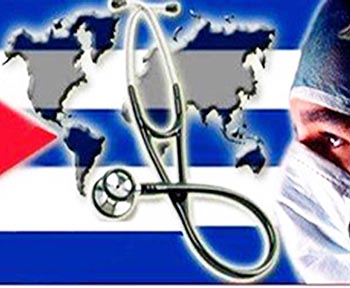This is no small achievements so far in a relationship explicitly initiated in 2002.
The link between the Greater Antilles and the Caribbean Community, an organization born on July 4, 1973, is based on principles of solidarity, cooperation and complementarily. All related from day one to the path of the Cuban Revolution.
It also is a political will, expressed on both sides, which has anticipated and met specific projects from the date of torn.
Cuba has emphasized collaborate in areas where shows greatest strengths and experience. Fields such as education and health which has a well earned reputation inside and outside the country.
Similarly, it has worked together in the fields of agriculture and fisheries.
More than 100,000 patients in a geographical area where about 17 million people live regained sight through Operation Miracle, carried out by Cuban doctors, while thousand employees of the largest Caribbean island serving there.
Thousands of Caribbean professionals have graduated from Cuban universities, especially in a discipline as necessary as medicine.
When he looks to improve educational standards in the signatory countries to -15 full members moment, CARICOM is thinking with long light on the influence of instruction in the present and future development, and the fight against poverty and the equity, prioritized objectives in its praxis.
CARICOM has strongly supported the integration of Cuba to the area and the Latin American environment from times when the hegemonic policy of the United States went to great lengths to insulate it.
In 1972, four countries, the following year joined the nascent Community, challenged the imperialist boycott and established diplomatic relations with Cuba: Barbados, Jamaica, Guyana and Trinidad and Tobago.
Similarly, the regional entity has condemned and rejected economic and financial blockade imposed by the United States to the homeland of José Martí in galleries and international forums such as the UN General Assembly.
Cuba is, as almost all the Caribbean islands, a common history of plantations, slave labor and subordination to a European city during the colonial era, the monoculture and underdevelopment at the entrance of the twentieth century.
Share with your people’s myths have been called ever land of paradise, by the Admiral of the Ocean Sea, first and then by waves of tourists from around the world who enjoy its wonderful beaches until today.
Caribbean waters still treasure wrecks of colonial shipwrecks, legends of pirates and privateers that persisted throughout the area, amazing coral reefs at risk from global warming today.
To all the children of this Cuenca equally concerned about the fate that can bring the formidable mosaic of peoples and cultures that inhabit Climate Change, by the gradual and inexorable rise of sea level.
And although much remains to be done, the indispensable path of unity and solidarity organized by the Cuban president of the Councils of State and Ministers, Army General Raúl Castro Ruz, luckily, and is crossing.
Translated by: Daysi Olano Fernandez




